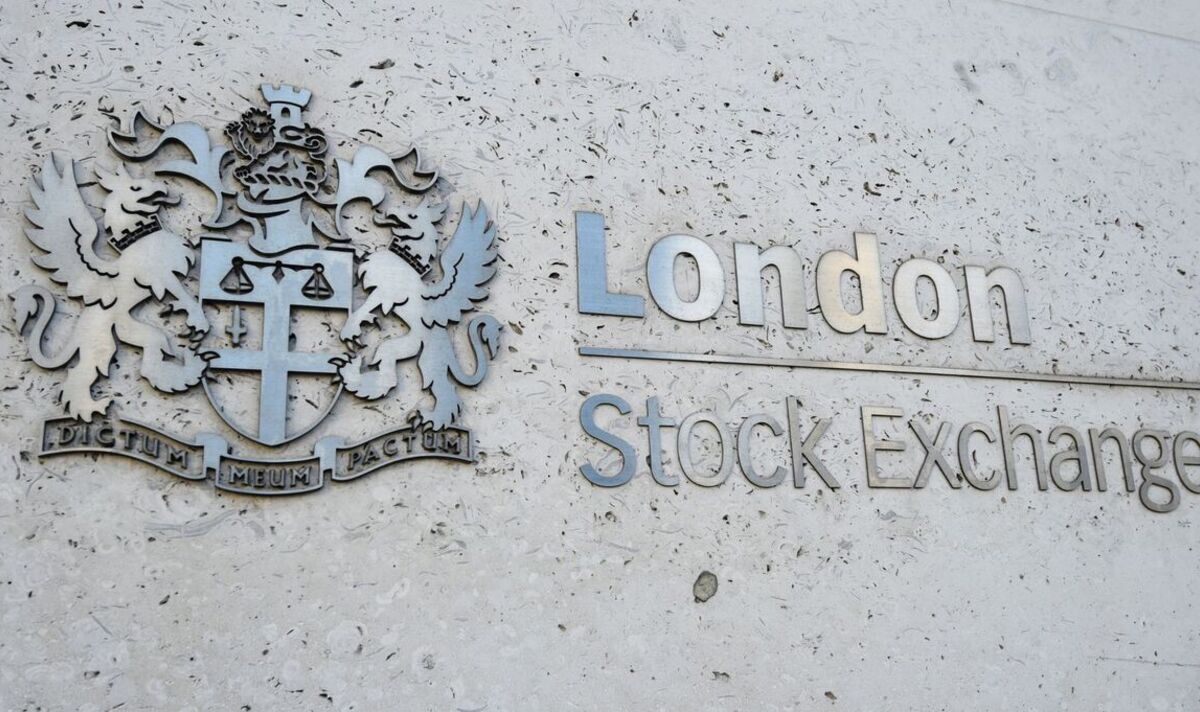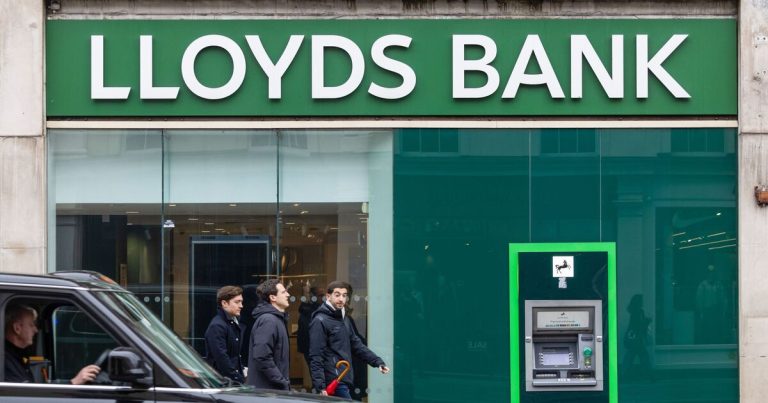
The FTSE100 is back below 7,500 points again this morning after JPMorgan downgraded British Airways’ parent company IAG.
The airline group is the index’s biggest faller so far and JPMorgan is expressing caution about most of Europe’s big flag-carriers, given the potential for large capacity increases to bring yields down against a backdrop of low economic growth.
The investment bank is much more upbeat on low-cost airlines.
Asia-focussed lender HSBC (HSBA.L) lost 0.7 percent, while insurer Prudential (PRU.L) fell 1.4 percent.
Luxury retailer Burberry (BRBY.L) dipped 1.8 percent as Deutsche Bank reduced its price target on the stock, which dragged the personal goods sector (.FTNMX402040) down 1.7 percent.
Victoria Scholar, head of investment at interactive investor said: “China-sensitive stocks like Burberry and Prudential are also trading near the bottom of the UK blue chip index after key China trade data pointed to weak domestic demand from the world’s second largest economy,”
In contrast, defensive sectors such as utilities (.FTUB6510) and beverages (.FTNMX451010) gained 0.6 percent and 0.1 percent, respectively.
The pound was marginally higher against the dollar after falling in the last three sessions. British government bond yields were also elevated, in line with their global counterparts.
Meanwhile, mortgage lender Halifax said British house prices rose 0.5 percent in November, their second monthly rise in a row.
Investor focus now shifts to the U.S. weekly jobless claims data, due later in the day, ahead of the more comprehensive November non-farm payroll report, expected on Friday.
Among individual stocks, DS Smith (SMDS.L) fell 0.8 percent after the cardboard maker said CEO Miles Roberts will retire and recorded a 15 percent slump in its half-year profit before tax.
International Consolidated Airlines Group (ICAG) dipped 3.5 percent after J.P. Morgan downgraded the British Airways owner’s stock to “underweight” from “neutral”.
The British Retail Consortium are reporting that the use of cash has increased for the first time in a decade, with coins and banknotes accounting for nearly a fifth of all transactions in 2022.
They attribute the increase to people trying to control their spending.






